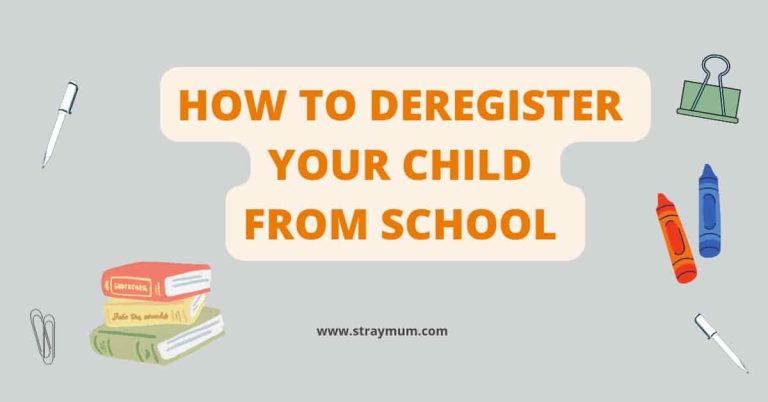Home Education: Are you an effective teacher?
What is effective teaching? Are your lessons effective? Consider these important questions for a few minutes. Make a note of your thoughts.
So what is effective teaching and how can you be sure that your teaching is always effective?
Those parents that take a real interest in the actual learning processes and who carefully monitor the extent to which their children have understood what they are trying to teach can feel confident that they are moving significantly towards effective teaching.
Central to the concept of effective teaching is the importance of communication. You should be continually aware of whether or not your children are switched on to what you are teaching.
Keep a careful watch of your children as often a facial expression or negative body language gives away the fact that your children have not understood or have lost interest in what you are trying to teach.
Talk to your children, and ask them to describe back to you what you have just taught them. Never simply presume that your children have understood and therefore learnt something.
Making Assumptions
Think for a minute. In our everyday life we are constantly making assumptions. You ask your children to go and get dressed or to brush their teeth. How do they know how to do this? You as the parent taught them to dress themselves or to brush their teeth.
In teaching just as in everyday life making assumptions often inhibits smooth and effective communication. As we go through any day we are continually making assumptions, we assume any comment or action we make is being understood or interpreted just as we intended it to be.
Similarly in making a comment or giving an instruction we assume the recipient has already understood or assimilated perhaps a whole chain of concepts that are necessary for the safe receipt of this new information. Remember that what you know and take the granted is all relatively new to your children.

Effective Teaching
When introducing something new, try to be conscious of how your children understand and relate it to that already learnt. Be aware of the confusion some children will have.
Get into the habit of asking questions to ensure that fresh or unfamiliar ideas have been understood. Ask your children to explain a new idea or skill back to you. Occasionally you might try some role reversal children to teach you something that you have recently taught them.
It is essential to revisit and reinforce new Concepts and skills many times. Effective teaching will have taken place when children can successfully apply what they have learnt. Once the children have clearly understood you will know that you are teaching effectively.
Enthusiasm, a methodical mind, a sincere concern for your children, a good deal of patience and a sense of humour are all essential qualities for teaching.
In addition it is important that you have a certain measure of self-esteem and confidence in what you are doing. Possessing a certain degree of self-respect will help both to assume warm and supportive relations with others and promote the development of a similar self-respect in your children.
To be an effective teacher you must always be sensitive both to subtle reactions and to the occasional unpredictable or unexpected response of your children which may require a sudden change of strategy or approach.
Having the ability to inspire, enthuse and encourage your children are important qualities. Of course no one can be expected to be inspirational all the time, but you do need to keep your children interested, motivated and excited about learning.



